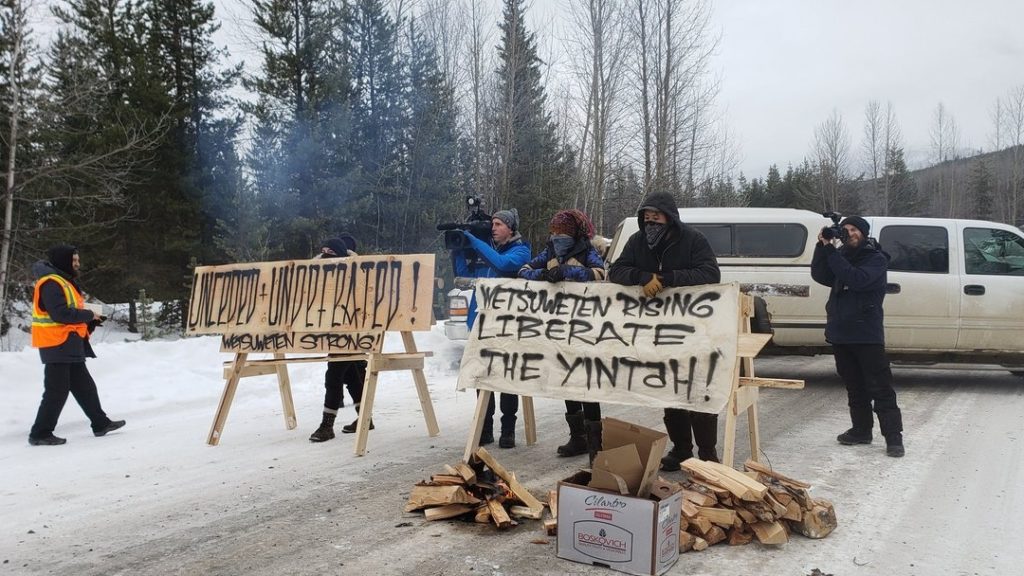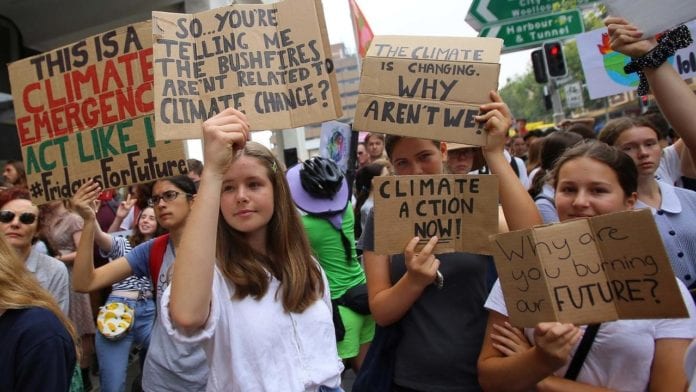Recently, Facebook suspended more than 200 accounts. Several Environmental groups and activist accounts were included in the list, like Greenpeace USA, Rainforest Action Network, Rising Tide North America, etc. It is claimed that many personal accounts linked to indigenous, climate, and social justice groups were also suspended. This has happened a week after the announcement of Facebook’s new climate change information centre to tackle climate change misinformation.

Facebook cited ‘intellectual property rights violation’ as the reason for this move, without giving any more details regarding the same. Later, in a statement, Facebook said, “Our systems mistakenly removed these accounts and content. They have since been restored and we’ve lifted any limits imposed on identified profiles.” According to the Guardian, some accounts have been restored, while others continue to be suspended.
What the Environmental Groups Say:
In a tweet posted on September 21st, Greenpeace USA stated: “Yesterday, GPUSA and hundreds of Wet’suwet’en frontline and solidarity activists organizing against Coastal GasLink pipeline were blocked from Facebook due to a May 7 event targeting KKR_Co, major pipeline funder — project opposed by all of the Wet’suwet’en Hereditary Chiefs.“
The suspended accounts were involved in a Facebook event in May 2019 against KKR & Co. It is a US investment firm that is backing the Coastal GasLink pipeline being built in northern British Columbia, Canada. This 670km long gas development project has faced a lot of resistance from environmental groups and activists for its climate impact and for cutting through the land of the Wetʼsuwetʼen, a First Nations people. The accounts were blocked one day before another online protest against the same was scheduled to be conducted.
Delee Nikal, a Wet’suwet’en community member said that videos of extreme violence are allowed on Facebook, yet their accounts are banned and receive threats for promoting an online petition.
“The timing was more than suspect. We would like to have transparency in this situation,” said Delee.

Facebook’s policy regarding climate misinformation
This move comes in stark contrast to Facebook’s recent developments to increase awareness regarding climate change. Facebook said in a statement that they are committed to tackling climate misinformation. Their information centre will include facts from trusted international environmental organizations. It also announced its plan to reduce its net greenhouse gas emissions.
The company once said that they reduce the spread of false information by putting a warning label on top of posts which have been marked so by their fact-checkers. This way, people can know that the company has rated this post as false.

In spite of this, environmental groups have questioned Facebook on whether it’s doing enough to deal with the misinformation related to climate change. In 2018, a video that denied that humans are contributing to climate change went viral on Facebook and was viewed 5 million times.
Facebook’s algorithm allows posts labelled opinion to circulate freely, as this cant be blocked by its fact-checkers. This is a loophole which allows several posts containing misinformation to go viral.
Sometimes, bans are also done without any human involvement. If someone reports or complains that a post has violated copyright guidelines, the company says it may promptly remove that content. Once, Facebook accidentally removed a post about hand-made fabric face mask, to prevent the spread of coronavirus.
Elizabeth Jardim, senior corporate campaigner at Greenpeace USA said, “Actions speak louder than words and once again Facebook has taken actions that are in stark contrast to public statements from the company. The recent bans targeting people fighting to save their communities from climate change and the continued exploitation of fossil fuel companies show us that when push comes to shove, Facebook will side with polluters at the cost of their users’ trying to organize.”.
Further Reading:


